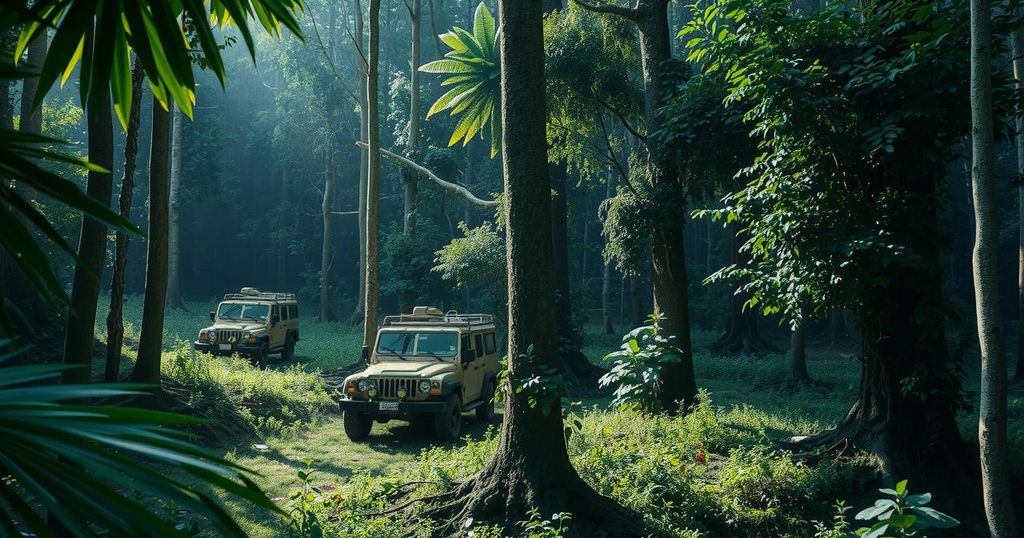The conflict in eastern Congo highlights severe weaknesses in the national military, including corruption, inadequate resources, and internal divisions. The M23 militia, backed by Rwandan support, has seized important territories, while President Tshisekedi’s efforts to strengthen the army have fallen short, leading to political isolation and stalled peace efforts. The situation underscores the urgent need for military reform in Congo to effectively address both internal and external threats.
The ongoing conflict in eastern Democratic Republic of Congo has revealed significant deficiencies in the national military, which has been long plagued by issues such as corruption, extortion, and abuse. The Congolese army faces challenges including underpayment, inadequate weaponry, and internal divisions driven by personal interests. Additionally, consecutive presidents have seemingly maintained this weakness due to fears of potential coups, leading to a military that is ill-equipped to combat threats effectively.
Currently, the militia known as M23 has demonstrated a notable capacity to capture key areas in eastern Congo, including two major cities and several strategic airports. Despite President Félix Tshisekedi’s efforts to bolster the military in anticipation of such attacks, the army’s inability to counter the M23’s advances has left him increasingly isolated and his domestic support waning. This situation has compounded the challenges of stalled peace negotiations with regional entities and minimal international backing.
The M23 militia reportedly receives support from Rwanda, a considerably smaller neighboring nation. The United Nations has confirmed that Rwandan forces have trained and assisted these rebels, although Rwanda officially denies having command over M23. Fred Bauma, the executive director of Ebuteli, elaborated on this dual-layered conflict, emphasizing both the Rwandan involvement and the Congolese government’s internal weaknesses.
In a recent interview, President Tshisekedi attributed some military failures to foreign infiltration within the army, criticizing his predecessor for neglecting this issue. This delineation points to a wider context of internal mismanagement within the Congolese forces, contributing to their current struggles against the militia group. The geographical complications of these conflicts further exacerbate the challenges faced by the Congolese military.
In summary, the Democratic Republic of Congo’s military struggles to combat the M23 militia due to endemic weaknesses, including underfunding, fragmentation, and political mismanagement. The conflict is complicated by external factors, such as Rwandan support for M23. President Tshisekedi’s attempts to strengthen the military have failed thus far, highlighting the need for comprehensive reforms within the Congolese army to reclaim control over its territory.
Original Source: www.nytimes.com






